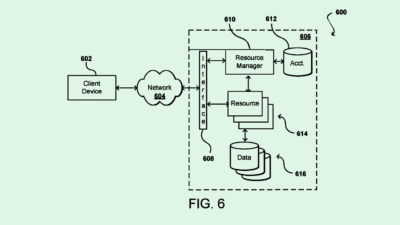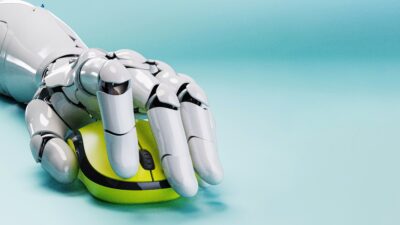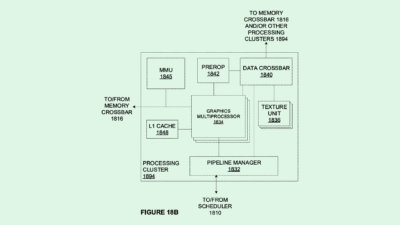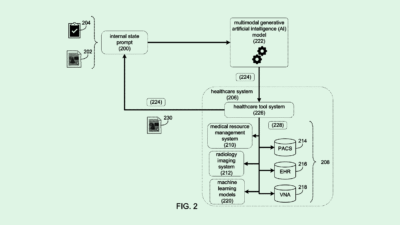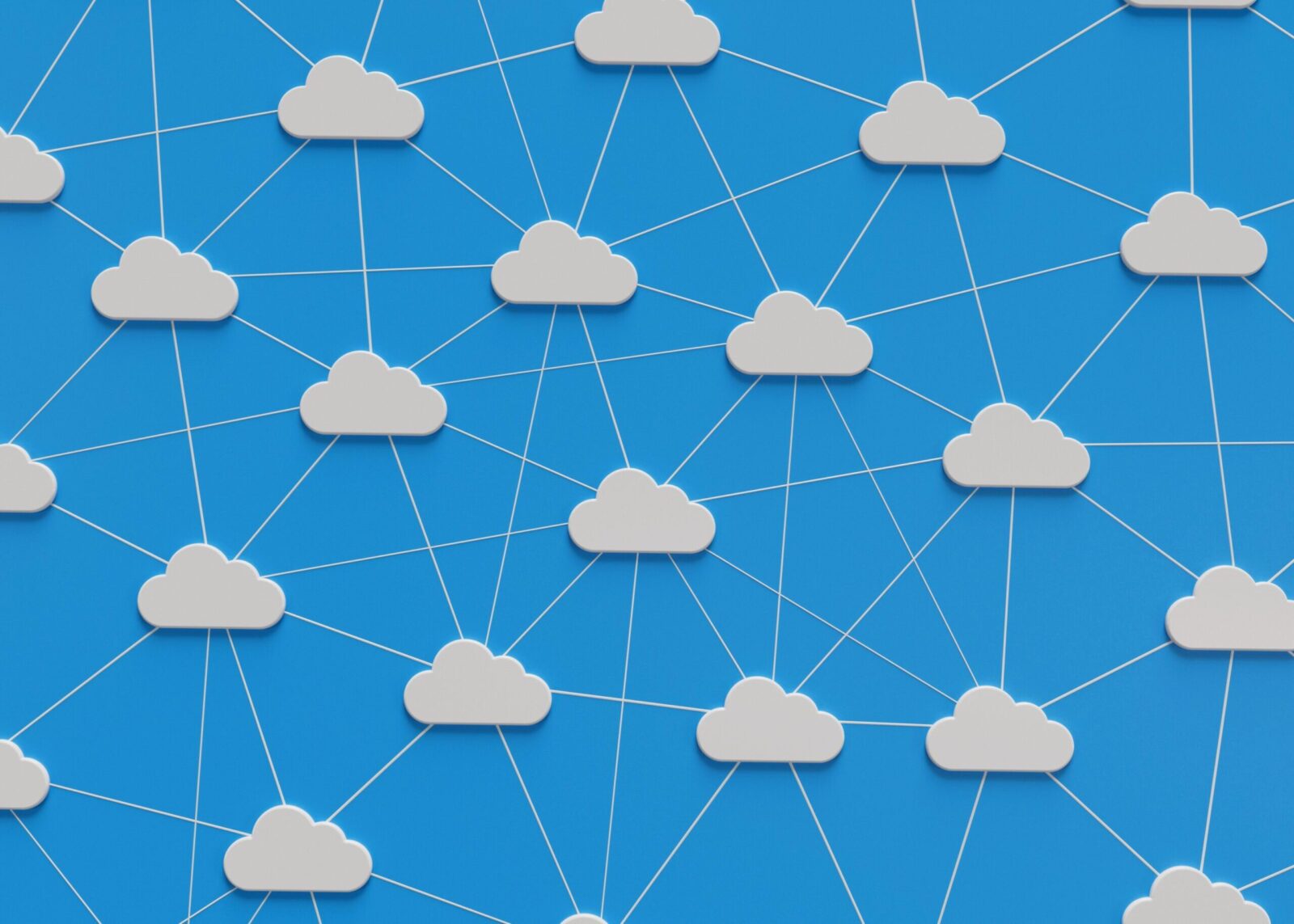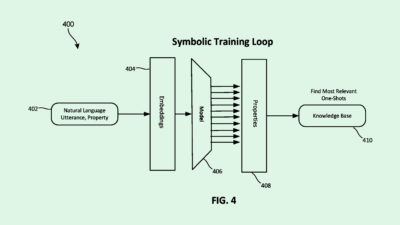Is AI Ready for the HR Jobs It’s Taking Over?
Even though execs have mixed feelings about artificial intelligence, it’s still replacing workers. Is the tech ready for the jobs it’s doing?

Sign up to get cutting-edge insights and deep dives into innovation and technology trends impacting CIOs and IT leaders.
As enterprise AI use becomes more pervasive, it’s starting to replace human staff.
It’s clear across tech: IBM replaced hundreds of people with AI (94% of its HR questions are now being answered by AI agents), and Amazon has said it plans to replace people with AI.
But that doesn’t mean the entire organization’s always on board.
New research from G-P shows that not all execs are as pumped about AI as their company lines might imply. Some 51% said they don’t completely trust AI with financial decision-making. Additionally, 22% are concerned about the quality of data going into AI models, and 20% fret over the accuracy and trustworthiness of AI outputs.
“This dynamic is characteristic of early-stage transformation: contradictions and experimentation,” said Laura Maffucci, vice president and head of HR at G-P.
There are also financial pressures, according to Amy Loomis, the group vice president of workplace solutions at IDC, that come into play when mistrust of AI coexists with layoffs in favor of AI.
Return on AInvestment?
“First, there is the pressure that senior leaders feel to show return on their AI investments,” Loomis said. “They may not have the means to fully measure the value of these AI costs, but they do have the means to improve their bottom-line results by reducing headcount in key areas that lend themselves to the use of AI tools.”
She added that leaders often know that relying on AI without implementing governance or guidelines can be a big risk, “yet the pressure to accelerate adoption means they are either A) willing to accept the risks or B) unaware of the downstream consequences, such as impacts on brand reputation, data privacy or security.”
But not everyone’s cutting back on staff. According to G-P’s research, 11% of execs are doubling down on human talent to make their companies stand out.
“It speaks to the different opinions, values and leadership philosophies that execs have in view of their workforce,” said Tim Flower, vice president of DEX Strategy at Nexthink. “Those that see AI as a force multiplier will leverage it as a collaborative partner to increase the value, productivity and output of their staff.”
When AI is treated like a digital colleague, it creates the false narrative that AI has agency and emotions like a person. That’s a path to misplaced trust and bigger blind spots.
“The ideal balance is humans with AI, not humans versus AI,” Maffucci said. “Our research shows 31% of employees worry using AI will accelerate their replacement, and 62% fear their skills aren’t future-proof. That’s real anxiety, and HR needs to address it head-on.”
AI works best as a “collaborative partner” for HR functions, Flower added, taking more control of resume and application analysis and communicating basic workplace policies with close oversight from human eyes.
The oversight is crucial, he said: “Believing that AI, even with trained agentic capabilities, is a suitable replacement for human counterparts is not only misguided, but risky from a business execution standpoint as well as from a legal perspective. Imagine employees being given incorrect or improper advice that is contrary to either company policy, legal guidelines or just plain human intellect?”
The hazards aren’t limited to occasional instances of bad policy advice, either. They can be existential.
“While [AI] may be the catalyst for the first one-person billion-dollar company, it could also be the downfall of an existing billion-dollar company,” Flower said. “I predict significant turbulence in the coming few years as AI advances … [and] as people continue to put false expectations and trust in technology over humans in the quest for greater financial value.”

